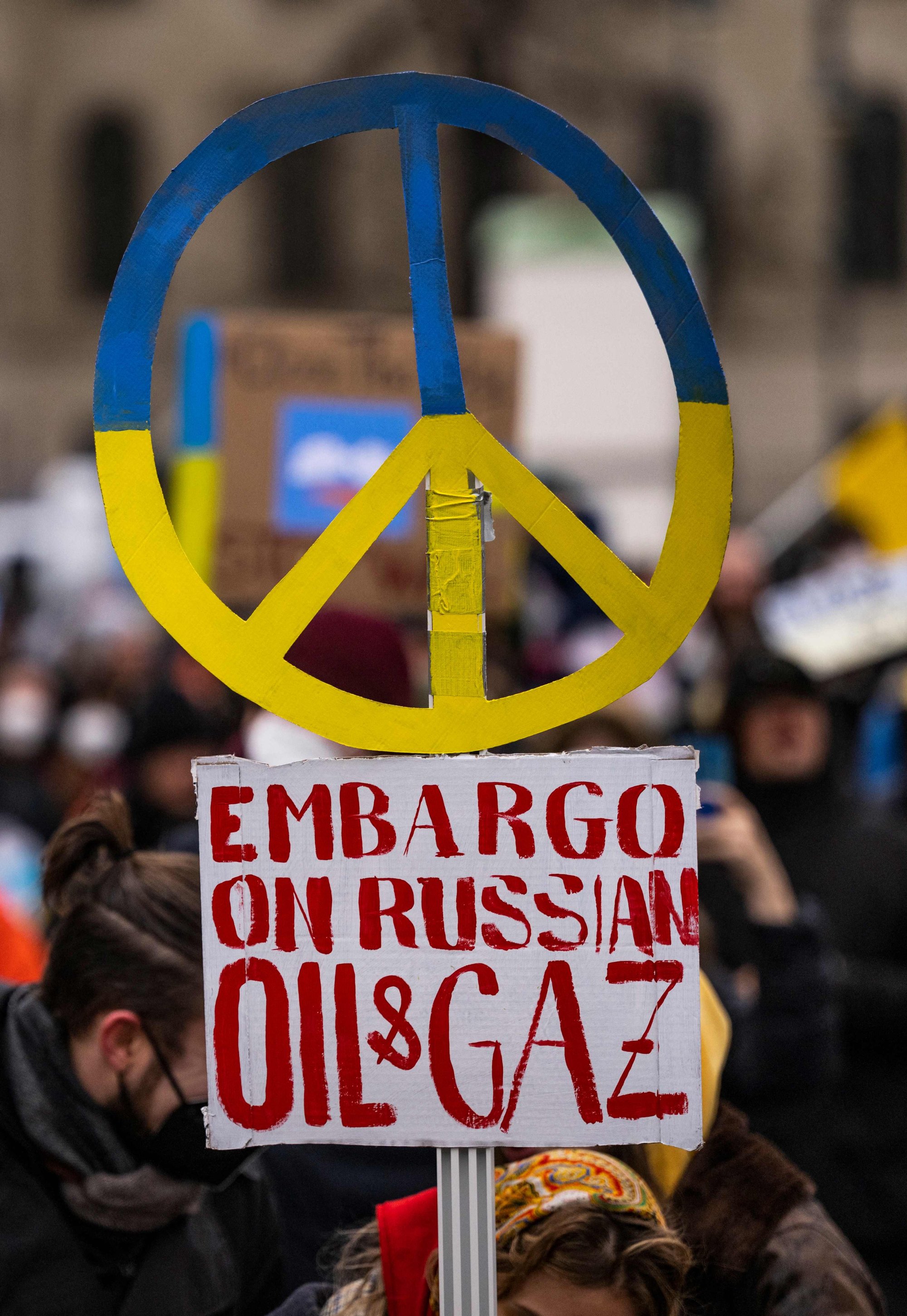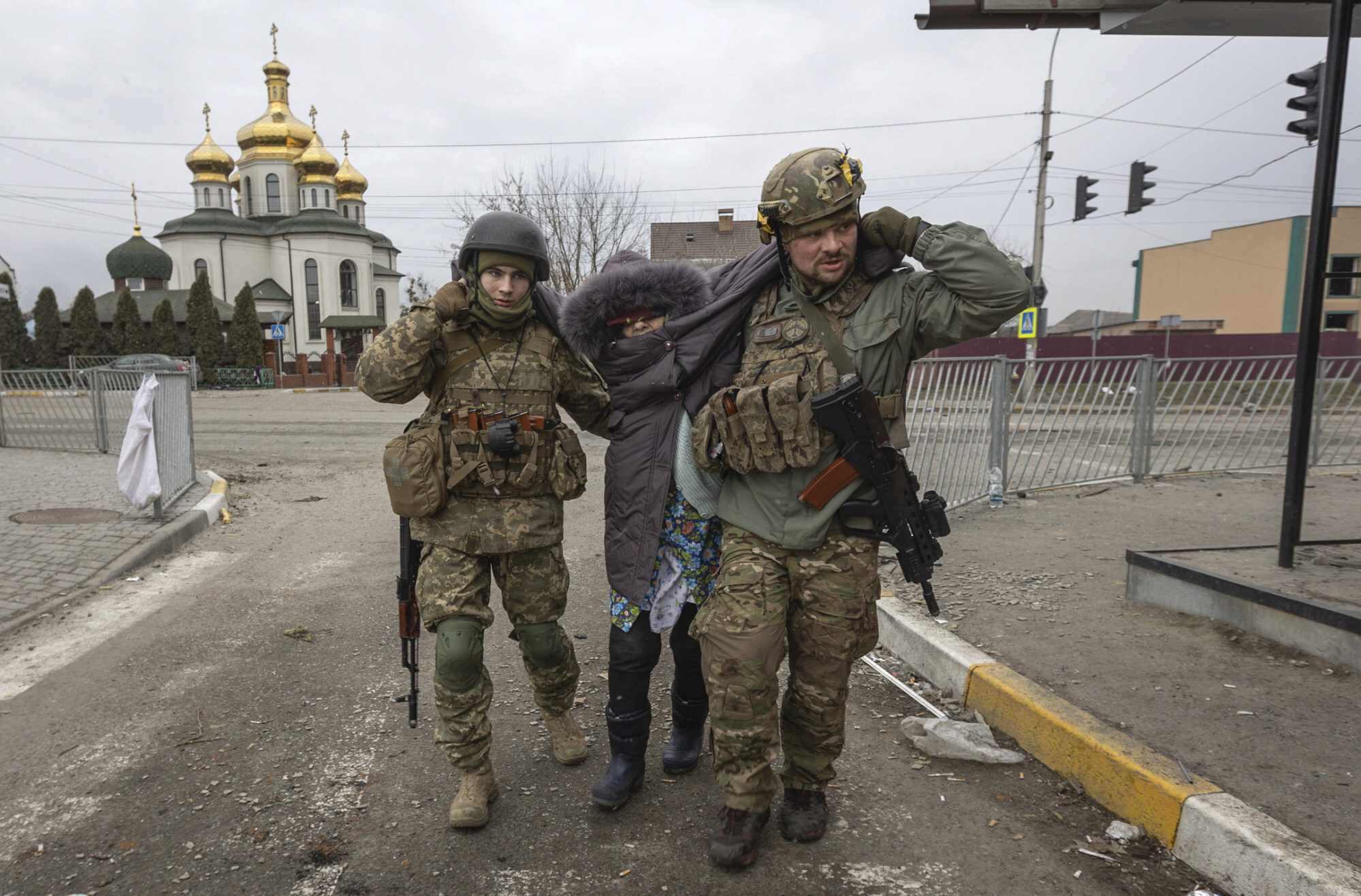
Russia’s invasion of Ukraine: Asia braces as oil prices go ‘berserk’
- Energy-importing Asian countries outside China should brace for steep rises in crude oil bills and energy costs, expert warns
- Households and companies could bear the brunt, with India, Thailand, South Korea and Vietnam likely to be hit hardest
“The markets focused on oil because the oil [price] has gone basically berserk,” Nguyen said.
“What is really important is not direct imports and exports but the whole of the Russia and Ukraine play on the commodity market.”
But oil prices continued to rise after the Russia-Ukraine conflict erupted and hit their highest since 2008 on Monday at about US$123 a barrel, adding further pain to Asian economies still trying to recover from the pandemic and trying to take control of rising inflation.
The financial sanctions imposed on Russia, in particular the exclusion of Russian banks from the international payments messaging system Swift, have forced Russian oil out of the global market as traders cannot or will not buy from Russian sellers, even though direct sanctions on buying oil from Russia have not been imposed.

“Who can afford to pay more without a huge impact? Who can afford subsidies or offset some of these price increases and who cannot, and who can import without a balance of payment crisis?” Nguyen asked.
Asia, like most of the rest of the world, is already struggling from rising inflation due to the disruptions in supply chains and shortage of raw materials and goods caused by the Covid-19 pandemic.
Asian consumers had already been suffering rising prices for everyday items from electricity and gas to food. Now the Russia-Ukraine crisis is about to propel prices even higher.
Indian consumers in particular could suffer from the price increase especially since the Indian government budget had little in the way of subsidies, Nguyen said.
Nguyen expected the Indian government to wait until provincial elections were over before announcing price rises in oil and oil products for consumers.
“Even Thailand subsidies are not enough, so we are going to see higher inflation and that is going to curb some purchasing power,” she said.

China remains an outlier in the energy price crisis.
Despite being a key Russian energy importer, the second-largest economy in the world is large enough to absorb higher prices in the longer term. It also has a regulated power industry in which consumer prices are state-controlled, Natixis greater China economist Jianwei Xu said.
For the rest of Asia, there may be mitigating factors to the oil crisis.
South Korea, meanwhile, might have to pay more for oil, but it could use its other exports – such as semiconductors – to counterbalance the impact on its flow of payments, Nguyen said.
“The positive is that [Asia] is actually far from this crisis. No matter how negative we are, we are not as negative as Europe or eastern Europe for example,” Nguyen said, adding that many Asian energy importers had been recovering from the pandemic and were proving resilient in dealing with higher energy prices.
Separately, with energy prices being sensitive, any changes to Asia’s own supply of energy would contribute to higher prices – as seen with the recent unplanned gas outage at Malaysia’s LNG Satu, Rystad Energy senior analyst Kaushal Ramesh said.

